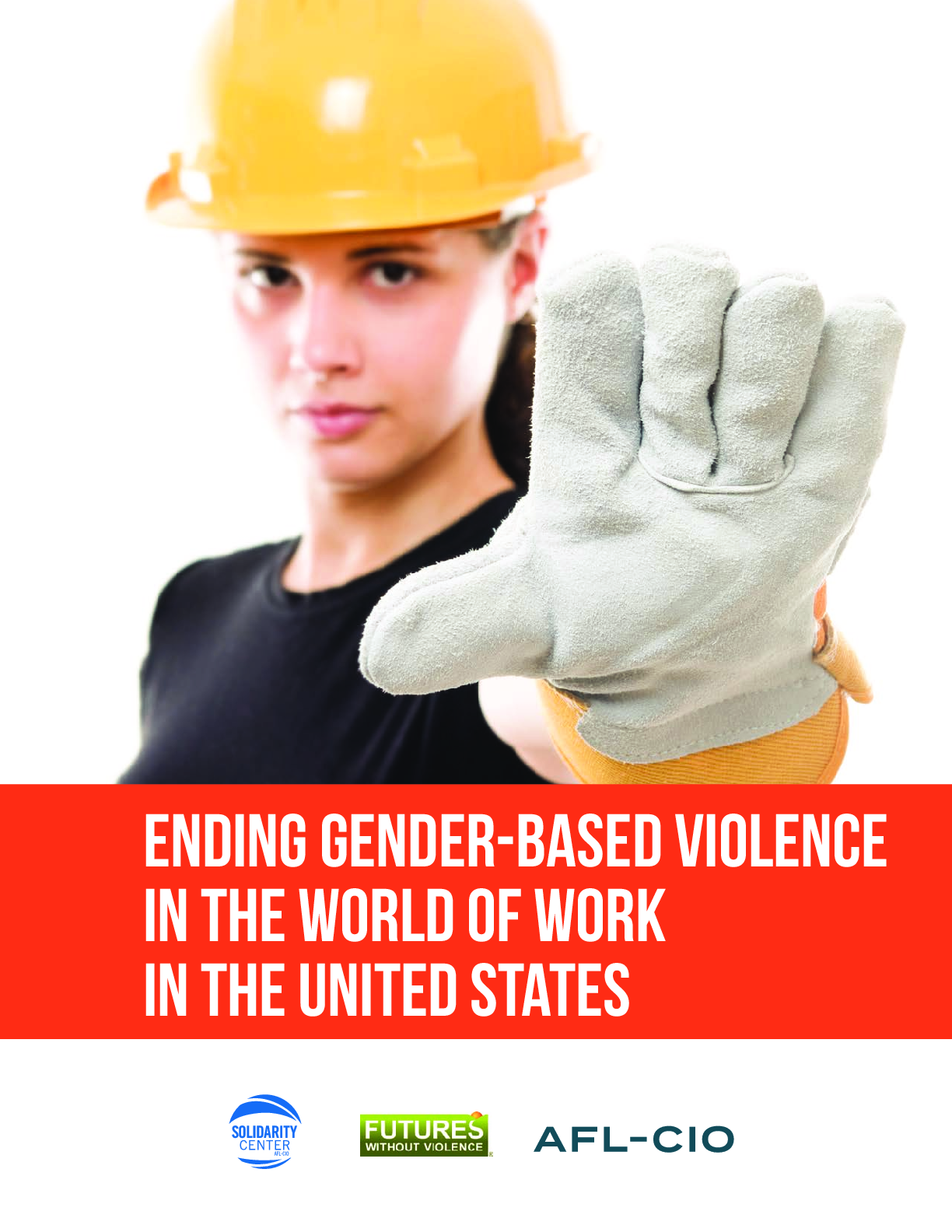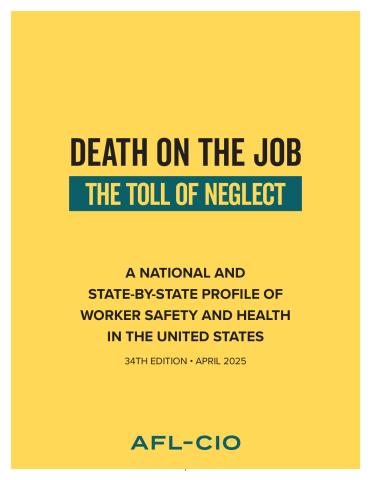Sex- and gender-based violence (GBV) is a fundamental violation of human rights. It is a manifestation of gender-based discrimination and unequal power relations. GBV in the world of work includes but is not limited to sexual violence: sexual harassment as it is legally defined, stalking behaviors, assault and rape, trafficking, coercion, and restrictions on freedom of movement that occur while at work or on the way to and from work. GBV encompasses intimate partner violence that impacts survivors’ work lives and harassment and violence that occurs within the context of employment committed on or off the jobsite by non-intimate partner co-workers, managers, clients or patients.
Women’s intersecting identities shape where and how they experience GBV. Socioeconomic status, race, ethnicity, religion, sexuality, gender expression, age and immigration status all can enhance the likelihood that a woman will experience GBV in her working life.
Men can and do experience GBV in the world of work, particularly relating to sexual identity and gender expression. This reflects the fact that GBV stems from a social and political hierarchy that values and enforces traditionally defined masculinity as an expression of power and prestige. Transgender individuals face high levels of violence in general due to this dynamic, including in their professional lives.




